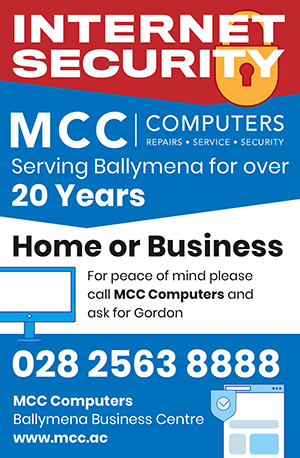Recently the PSNI shared information about teenage text message codes. Children and teens use shortened words and phrases all the time while texting and talking online. While we wouldn’t call them ‘codes’ the police have released a list of commonly used phrases to let parents and adults educate themselves on the slang that young people are using. These are commonly used phrases with the police have seen being used online to gather information, often by strangers. As a rule children should always be monitored while online and children and teens should never give out any information to strangers.

Quick guide to texting abbreviations:
WYRN: What’s your real name?
HAK: Hugs and kisses
ASL: Age, sex and location
WTTP: Want to trade pictures?
53X: Sex
CU46: See you for sex
NIFOC: Naked in front of computer
PAL: Parents are listening
KPC: Keeping parents clueless
PRON: Porn
ZERG: To gang up on someone
RU/18: Are you over 18?
Broken: Hungover
LMIRL: Let’s meet in real life
The following was reported by the BBC:
A PSNI facebook post warns parents of the types of phrases and abbreviations teenagers sometimes use to disguise messages. Det Supt George Clarke told the BBC’s Good Morning Ulster that some of the more obscene messages were a “reality”.
“Parents must be involved in their children’s lives online and well as offline.
“You wouldn’t allow children to go off in a car with people you don’t know, so let’s be careful about who they’re interacting with online,” he said.
Margaret Gallagher of the NSPCC said it was impossible to publish a definitive list of texting phrases young people use as they tend to change frequently.
However, she said anything that promoted an “open and honest discussion” about keeping safe online was to be welcomed.
“Teenagers will always want to create coded language that can’t be understood by their parents – it’s natural and not necessarily something to get overly concerned about,” said Ms Gallagher.
Click here to read the full story on the BBC Website.
So while most message sent by your teen or child will be completely innocent, having knowledge of these abbreviation will allow parents to keep an eye on what is going on. Knowing the lingo means that you can protect your child against strangers.
If you want more information on keeping children safe online, you can visit the NSPCC website or call the charity free on 0808 800 5000.




